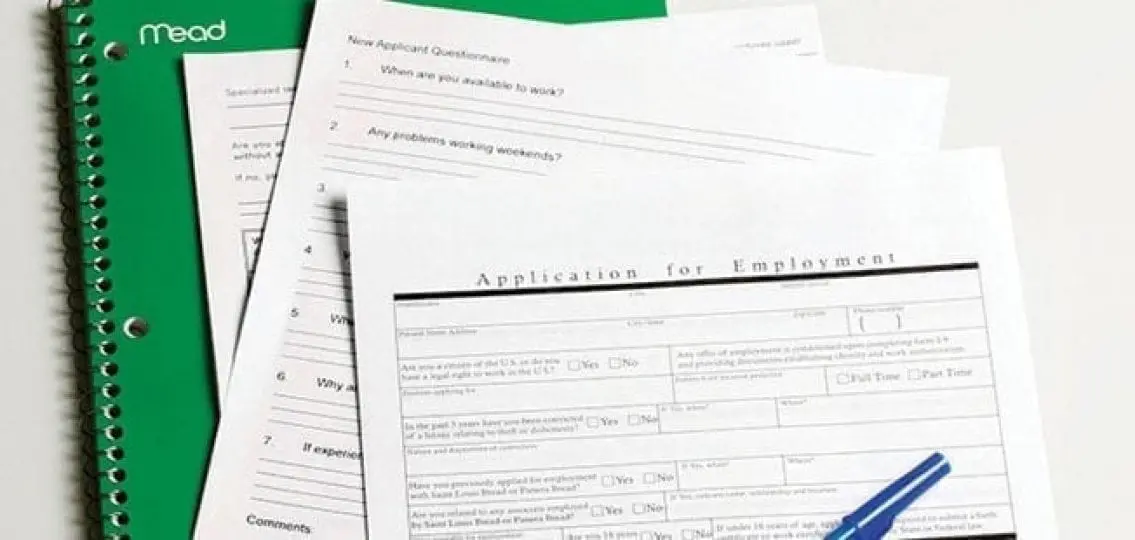I thought my son would be thrilled to find out there was an opportunity to apply for an unpaid internship running during the final weeks of his senior year of high school.

Here was a chance to explore a new work environment and perhaps get an inside look at the field he would like to pursue. Plus, he’d be doing it during school hours at the peak of senioritis, making it a win all the way around. But instead of expressing enthusiasm or even the smallest bit of interest, he balked.
“Why would I want to go to a job and not get paid?” he asked, genuinely confused.
The Value of an Unpaid Internship
It’s often hard for high schoolers, and even college students, to recognize the value of unpaid internships whether they occur during the school year or summer vacation. I get it. Spending the days working for free while friends either hang out or collect paychecks in more exciting environments makes the proposition seem less than appealing.
As adults, we understand the benefit of getting a foot in the door. We appreciate the idea of taking a sneak peek at a potential career, which may confirm your decision to pursue it or set you down a different path entirely.
But internships can be a tough sell with teens.
“An internship can help teach different work styles,” says Stacey Berk, the managing consultant at Expand HR Consulting. “Students can gain experience for their resumes and develop new skills. Internships can help to build experience as students shift towards looking for a full-time position or graduate school.”
To get the most out of the experience, Berk recommends that students seek out a mentor who, in addition to their supervisor, can help show them the ropes on the job.
Most importantly, she says, internships give students a chance to begin building their professional connections.
“It’s very important to learn the lifelong skill of effective networking,” says Berk. “Create a networking message to circulate with friends and neighbors, family, school clubs, alumni, clergy and former teachers. Online, search through ads for internships. If you are looking for the summer but an employer is only offering spring opportunities, ask them to consider your resume at a later date. Ask friends who have had internships in the past if the company is hiring during the timeframe you are seeking and maybe they can make an introduction.”
Students should start their search at their school’s career center, and then meet with department deans and/or professors. Ideally, students should begin looking during February and March to ensure they have the best variety of options.
How to Find an Internship
Casting a wide net may seem like a good way to increase a student’s odds of finding an internship, but the experience won’t be worthwhile if it’s in an unrelated field. With that in mind, Berk suggests students take an inventory of their interests and the areas that they may want to pursue professionally.
Rather than become overwhelmed thinking of this as a lifelong position, Berks recommends picturing what you would like to do for one to three years after school. It doesn’t have to be a “forever career,” but something that allows them to build basic experience.
“Research and make a list of companies, nonprofits, and government agencies that you would like to send your resume,” says Berk. “See if you know of anyone who works at the organization.”
Berk notes that college juniors and seniors should create a LinkedIn profile, which will also help them expand their network and locate any connections who might be in a position to assist them.
Once the list of potential employers is set, create a resume, and a cover letter that focuses on the internship and demonstrates relevance. When writing a cover letter, keep it concise and professional. Limit it to four paragraphs that directly relate to the internship, the organization, why you’re interested, and how your current skills may be of use.
“Always have a resume and cover letter edited carefully and reviewed by another person,” says Berk.
When to Follow-Up or Move On
Once students have applied for internships, the wait begins. While some employers may jump at the chance to have the help of an intern, others might not be as quick to respond. When asked about the guidelines for following up, Berk notes it’s tricky terrain.
If the student finds out about the internship via a referral, then they could contact that person directly. If you have an email address, Berk recommends sending one to two “checking in” messages before moving on to pursue other positions.
In addition, if a student has applied online and doesn’t have the hiring manager’s contact information, they may consider making a call to human resources to confirm their application has been received and is being reviewed.
“Always sound professional, friendly and leave an option open to stay in touch,” she says. “You never know.”

Convincing my son of the value of unpaid internship might have taken as much effort as the job itself, but it’s effort well-spent. An internship will give him insight and skills to plan for his future—and that’s a return on his time investment that can’t be measured in dollars and cents.





